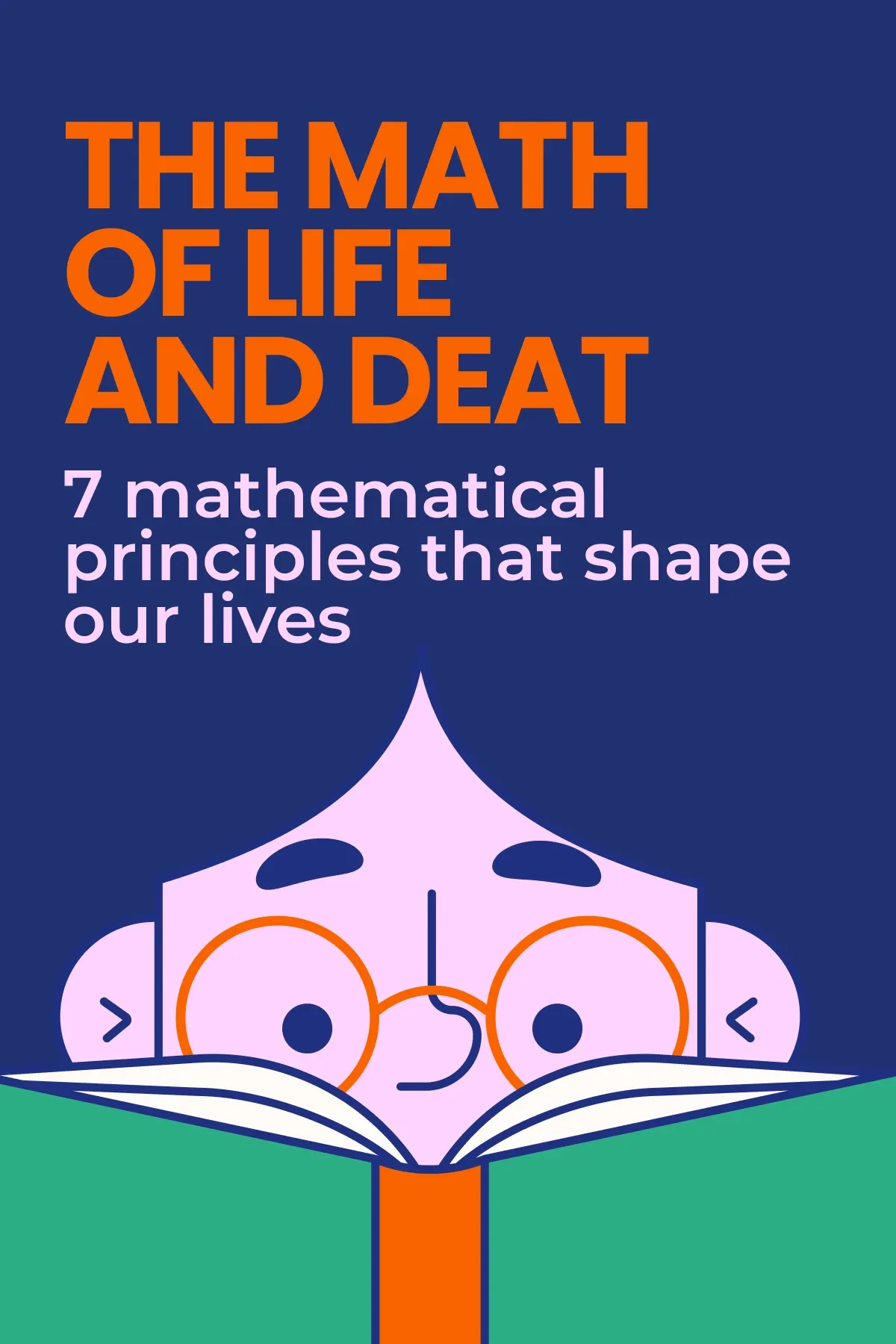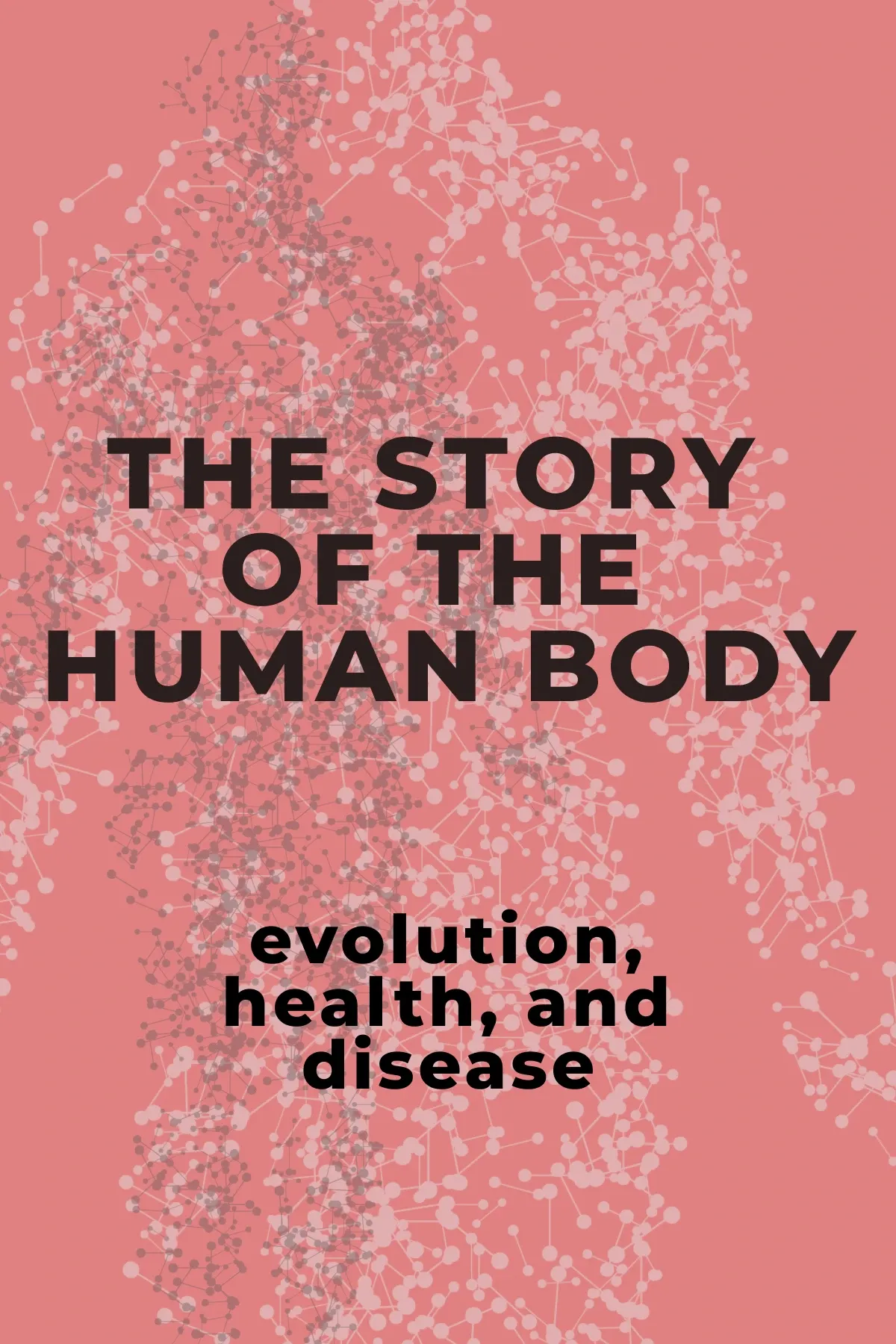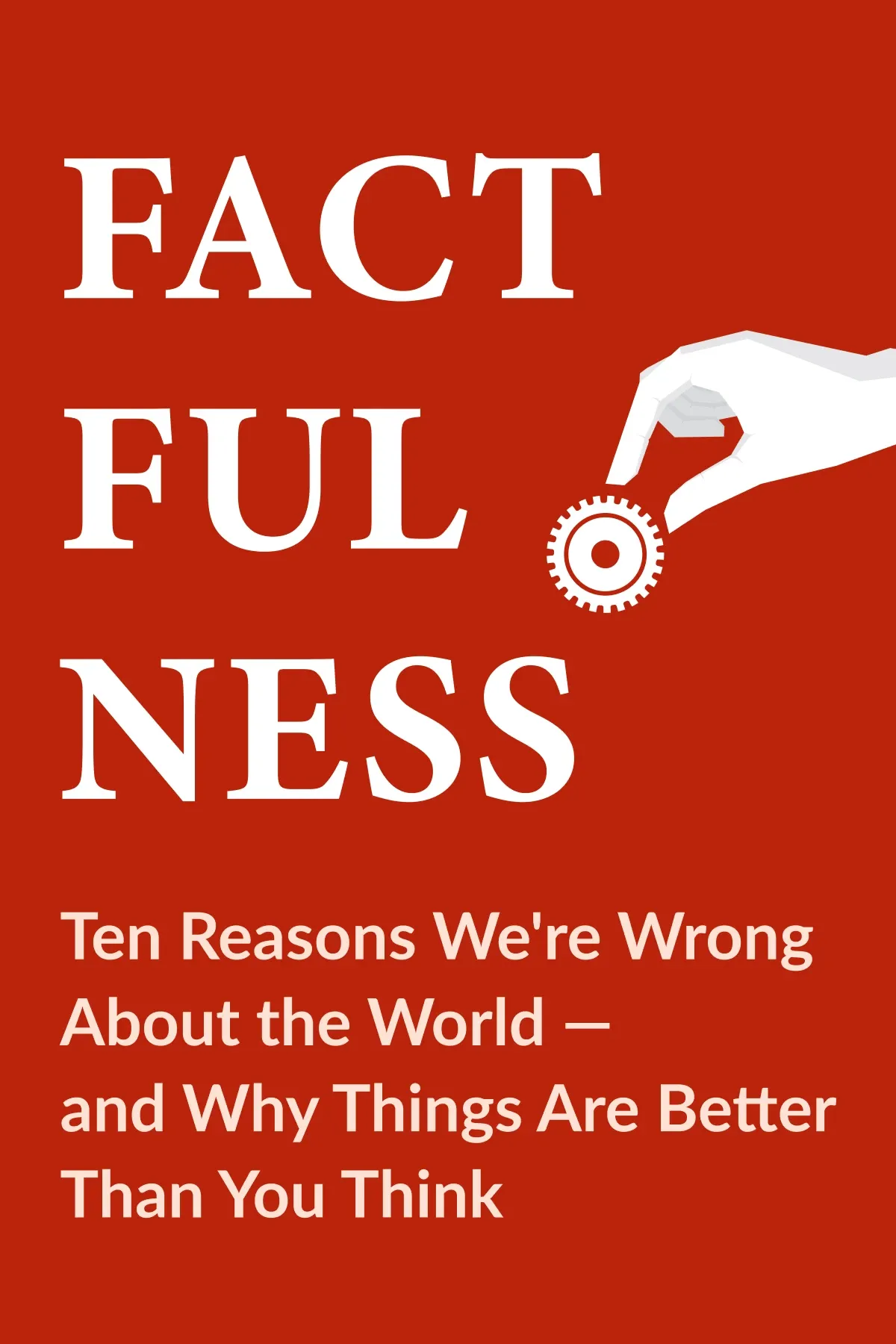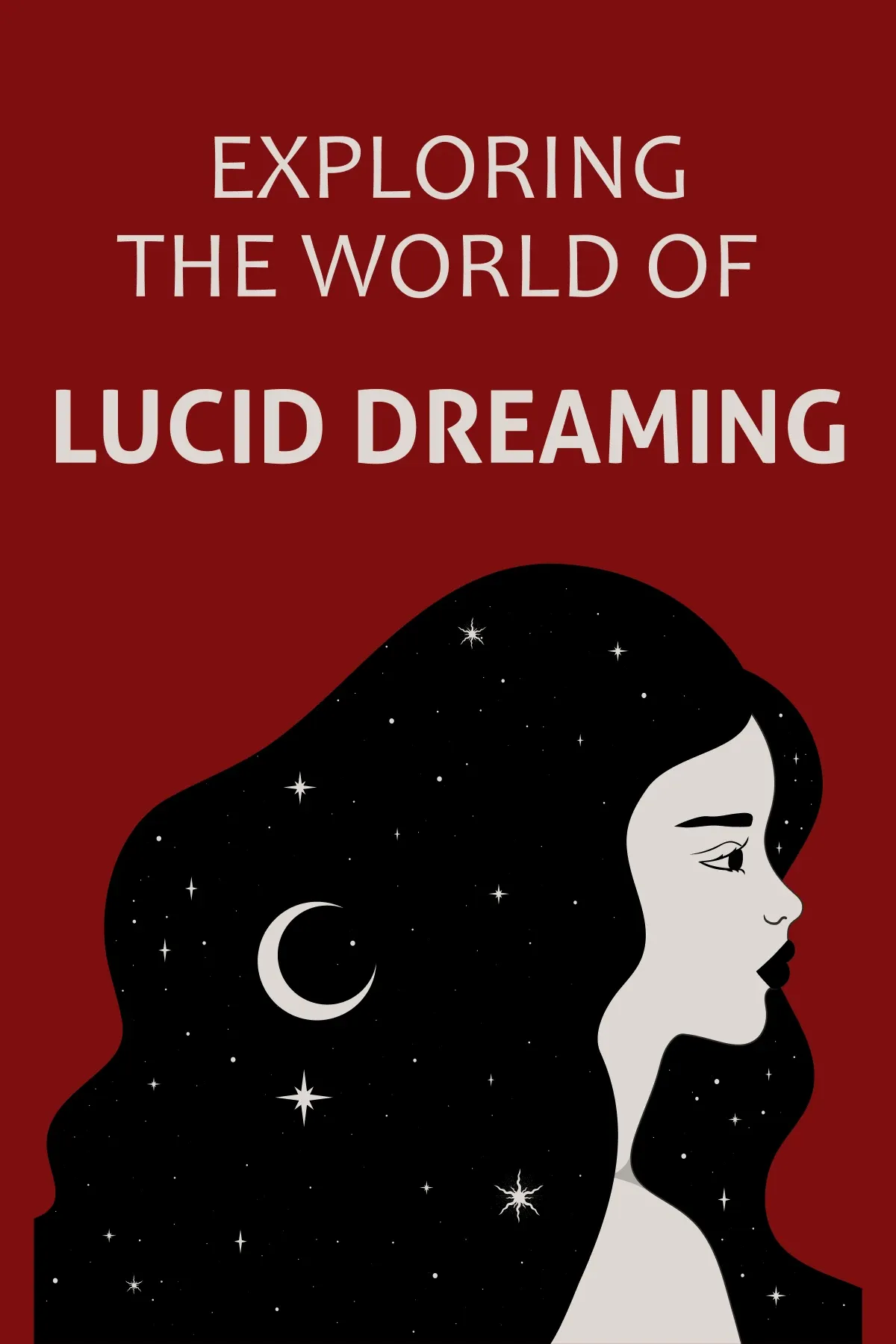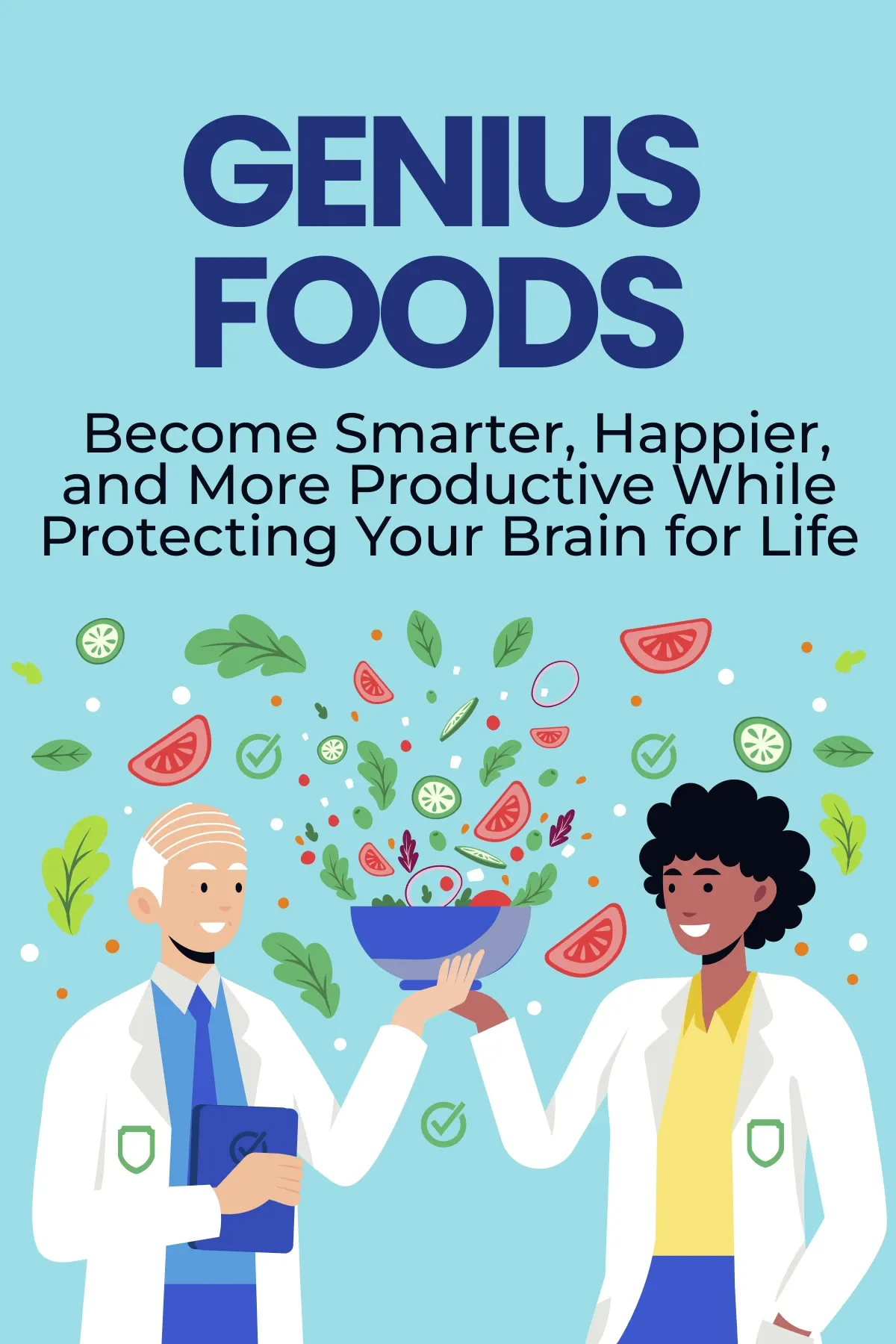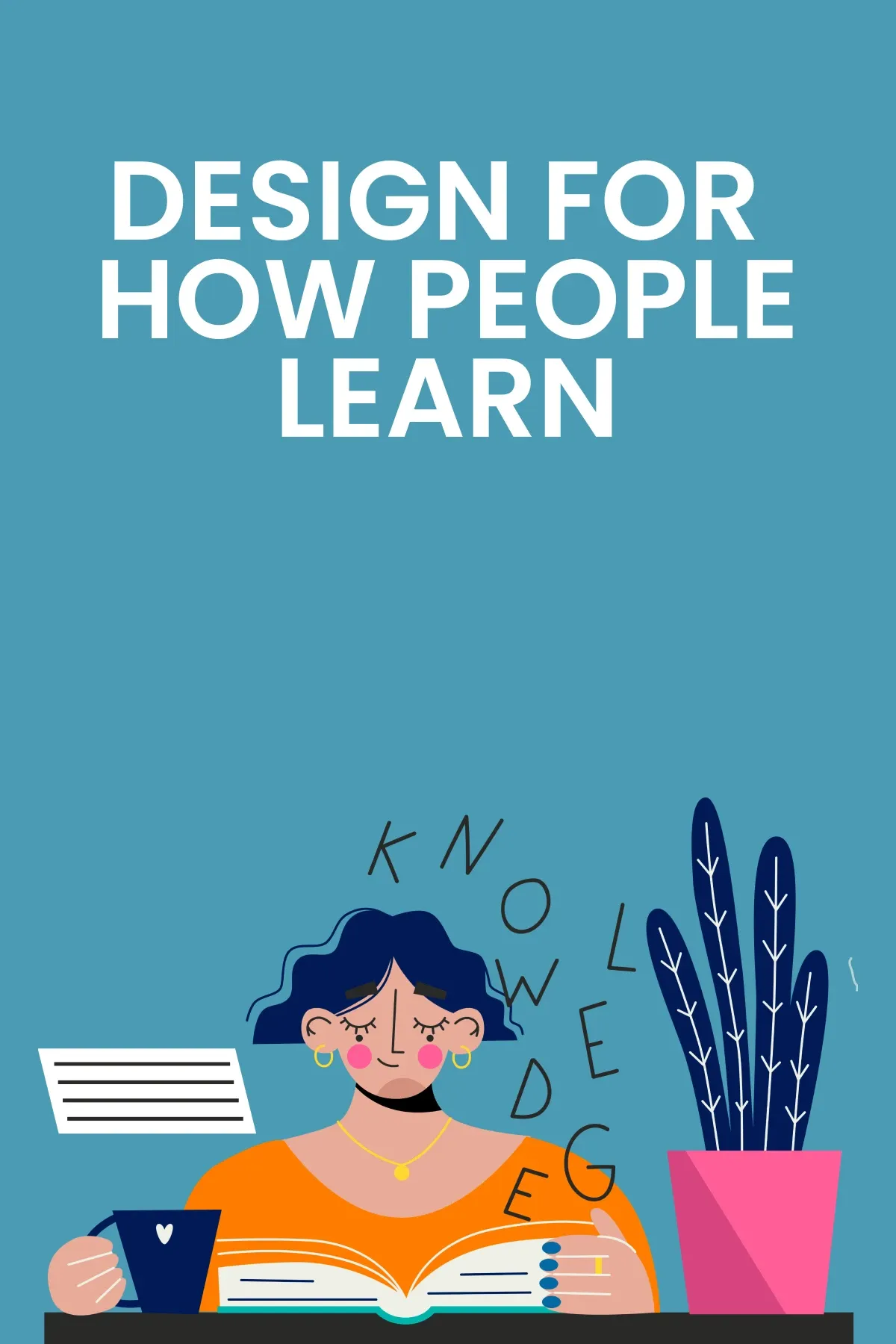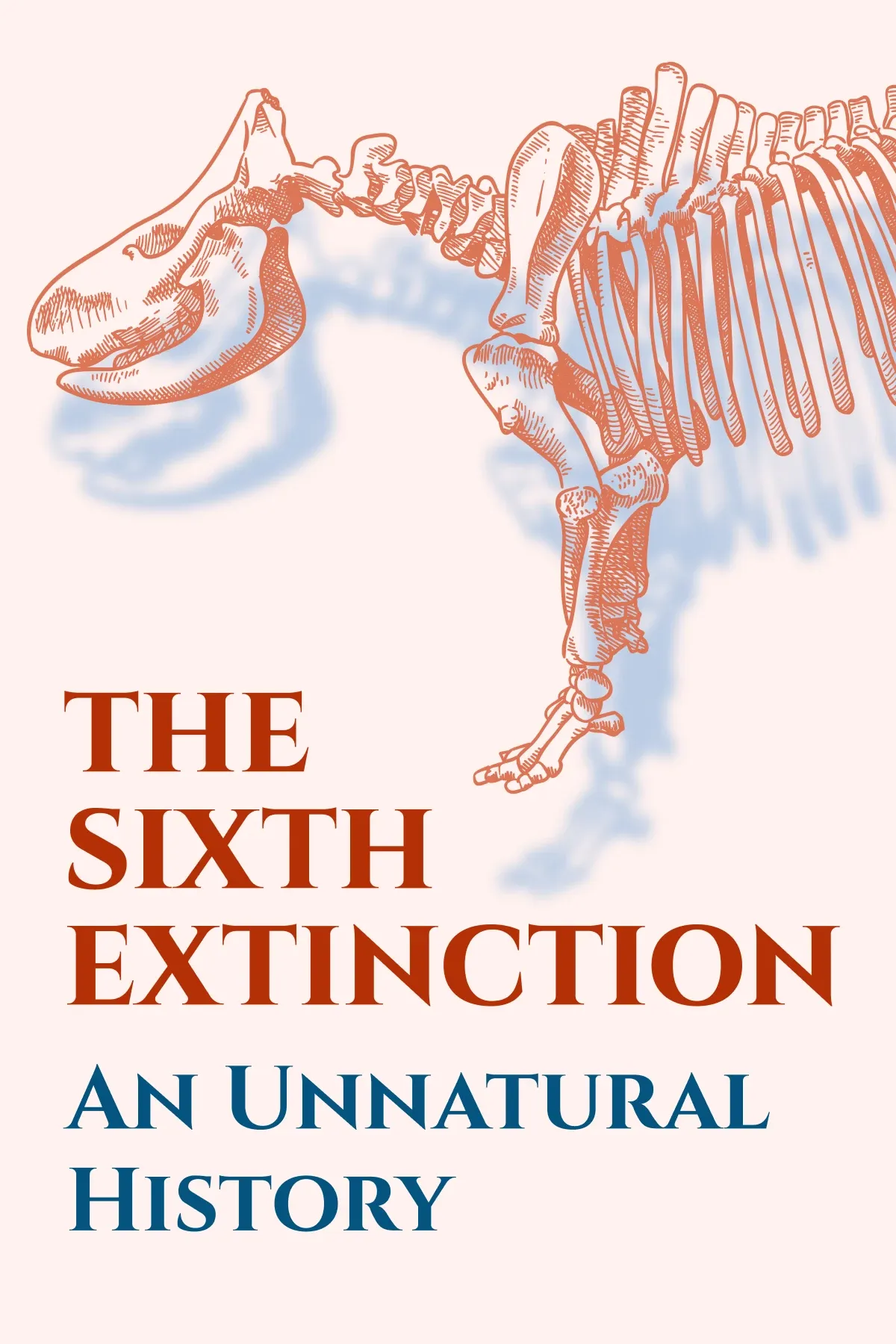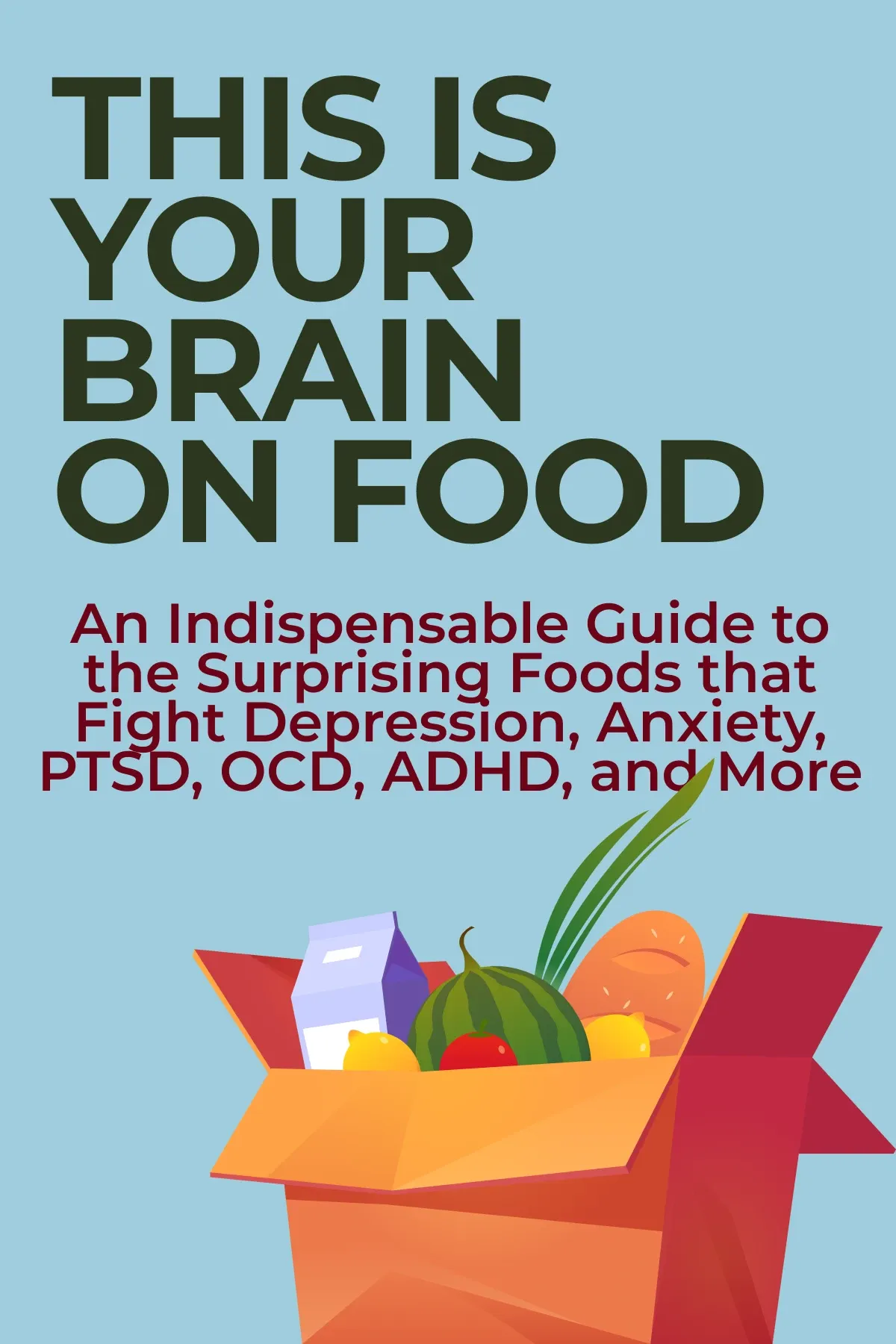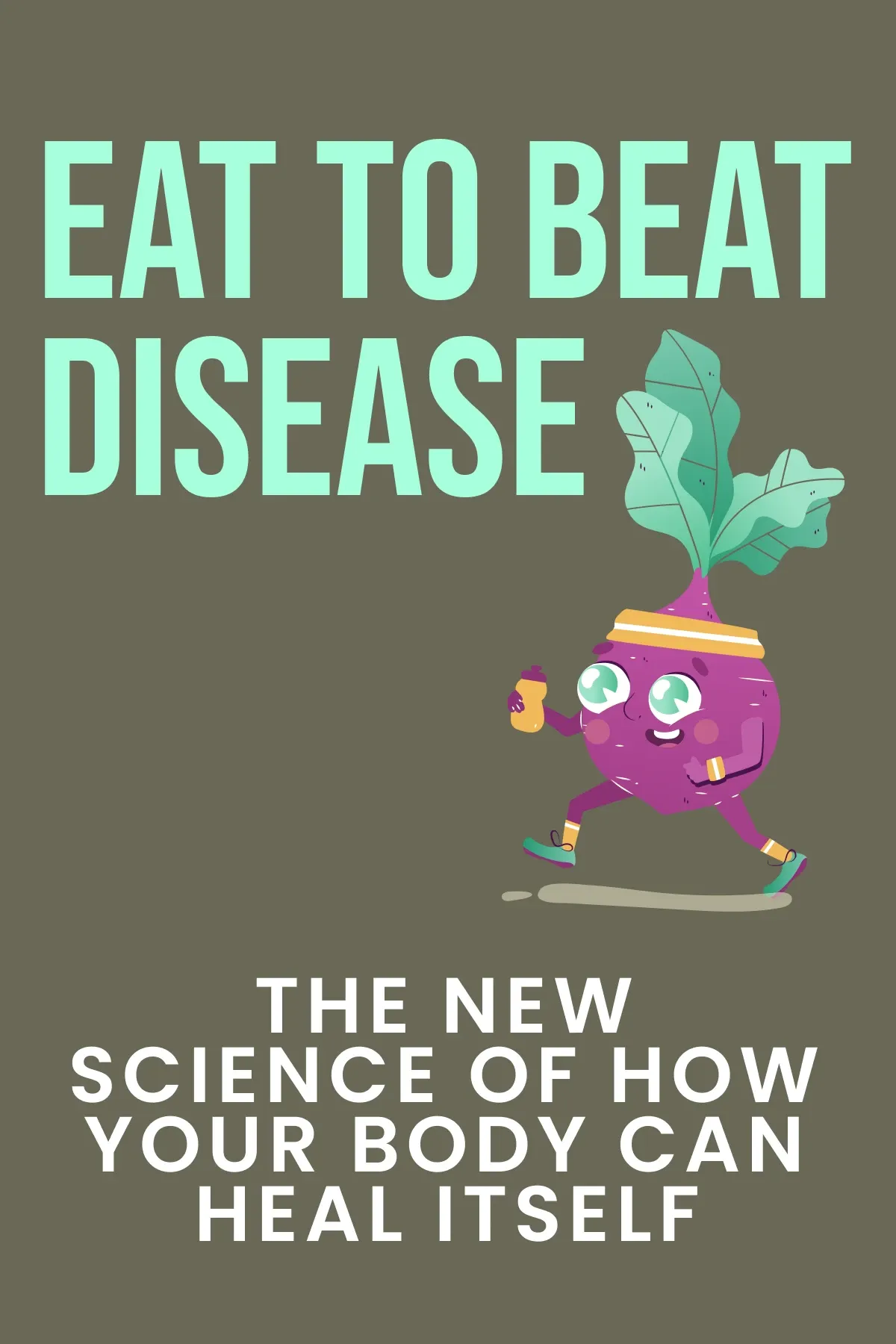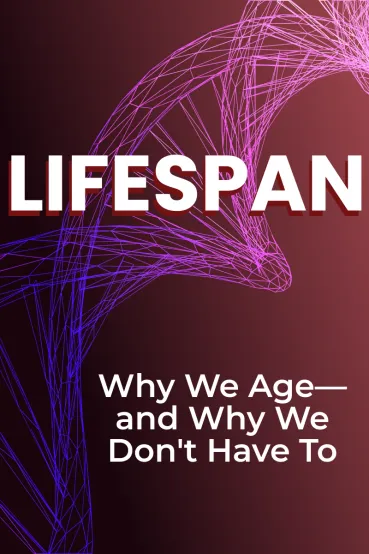
Lifespan
Brief Summary
Why do we age, and can we slow down or even reverse this process? In his book “Lifespan: Why We Age—and Why We Don't Have To,” renowned scientist David A. Sinclair is sure to answer these fundamental questions. The book not only explains the mechanisms of aging but also suggests practices for everyone to live healthier and longer.
Topics
Key points
Key idea 1 of 7
Imagine a world where everyone lives 150 years in good health. Picture the shock and concern if your family begins to age and grow frail at merely 70 or 80. Wouldn't you expect doctors to diagnose this condition as a disease? Wouldn't you demand they find a cure? Some experts make this valid argument, considering aging as a disease rather than an inevitable part of life.
Historically, society has largely accepted aging as a natural process. However, if we view aging as a disease, it becomes something we can study, understand, and potentially treat. Similar shifts have occurred in the understanding of other health conditions. For example, people once considered cancer a mysterious and incurable illness. Only during the 1970s did scientists discover genes that, when mutated, cause cancer.
This discovery helped us develop targeted treatments. It allowed doctors to move away from using harmful therapies on their patients, like radiation and chemotherapy, and instead focus on attacking cancer at its genetic source. As a result, doctors can now spare healthy cells.
Leading scientists in the field of aging have proposed a new model that suggests aging is not caused by a single reason. They view aging as a result of multiple interconnected factors. These include genetic instability caused by DNA damage, the shortening of telomeres that protect our chromosomes, and changes in the epigenome that controls gene activity. Additionally, the loss of healthy protein maintenance, metabolic changes, and mitochondrial dysfunction contribute to aging.
Researchers believe we can slow down the aging process by understanding and addressing these interconnected issues. Hopefully, people can delay age-related diseases and extend healthy lifespans. This approach is similar to how we now treat cancer by targeting its root causes rather than just its symptoms.
Considering aging as a disease opens up new medical research and treatment possibilities. It shifts our perspective from accepting aging as an unavoidable fate to seeing it as a challenge we can overcome. In doing so, we can improve the quality of life for many and push back the boundaries of what is possible for human health and longevity. So, why exactly do we age?
FAQ
You may also like these summaries


